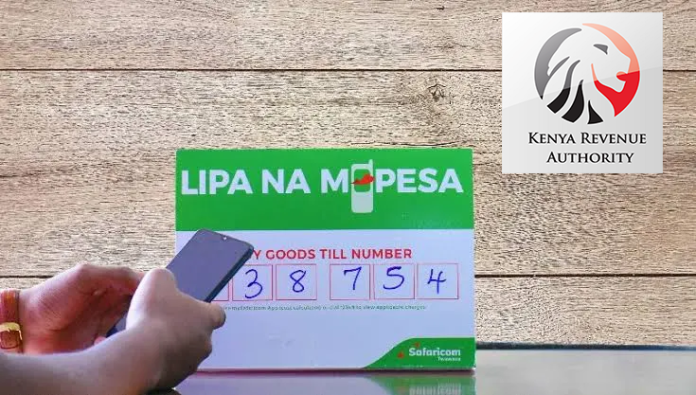The Kenya Revenue Authority (KRA) has dismissed a circulating message on social media claiming that the authority intends to impose taxes on till numbers, categorizing the information as false.
In a statement on the X platform, the KRA clarified that till numbers are not subject to taxation, and the authority does not collect taxes on them.
The official post from KRA cautioned the public to be vigilant against fraudulent activities perpetrated by individuals falsely representing themselves as KRA officials, attempting to collect taxes on till numbers and other Lipa na Mpesa services.
The KRA’s response aimed to debunk the misinformation circulating on social media, emphasising that such claims were baseless.
“Till numbers are NOT subject to taxation, and KRA does not collect any such taxes,” KRA said.
In January 2023, it was reported that the KRA was actively working to monitor mobile money transactions in real time as part of efforts to identify and address tax evasion.
The focus was on tracking the 16 per cent Value Added Tax (VAT) on sales and the 20 per cent excise duty applied to transactions. The move indicated the KRA’s commitment to tightening tax compliance measures.
Later, in October 2023, it was reported highlighted a trend where some business owners shifted away from mobile merchant payment accounts, reverting to cash transactions.
This change was attributed to increased compliance checks in major towns, prompting businesses to adopt alternative methods to avoid scrutiny.
To reinforce tax compliance, the KRA took additional steps by deploying 1,400 revenue service assistants in September.
These assistants received paramilitary training, aiming to enhance their effectiveness in encouraging compliance among traders.
One of the initiatives included facilitating the online registration of businesses to streamline the tax collection process.
Reports from businesspersons encountering these revenue service assistants indicated that they were requesting various documents, such as business permits, cash and receipt books, mobile money statements, including M-Pesa till and pay bill numbers, wage schedules, tenancy agreements, and rent receipts.





